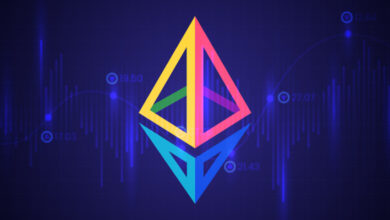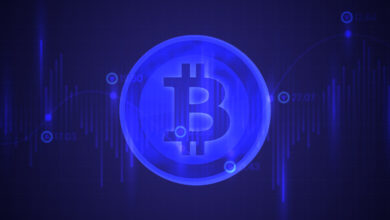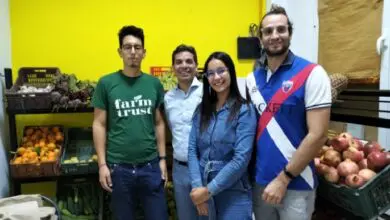Forecasting Blockchain in Agriculture & Food Market

Global Blockchain in Agriculture & Food Market Anticipated to Reach $1.4 billion by 2028
In 2018, the agriculture and food industry still serves for the livelihood of a majority of the global populations. Even though the global agriculture industry has been witnessing various transformations in terms of shrinking farmlands and depletion of finite natural resources, the global food demand has grown irrespectively. This extensive growth has led the large food companies to establish numerous food production factories across the world. This race amongst food companies to serve the customers with agricultural supplies and food quickly and at cheaper costs has led them to make adjustments in their supply chain by turning the chain into a complex network of suppliers ranging across geographic regions.
However, while on one hand, the agriculture and food supply chains have extended their reach globally, they on the other hand have also entangled the chain. Consequently, it has led to a feeling of distrust and disconnect in consumers due to the lack of awareness regarding the origin of the food and the processes it might have undergone. Moreover, the food industry has been continuously witnessing outbreaks of the food borne illness and recalls which have led to epidemics and deaths.
To counter the concerns such as food wastage, lack of provenance data, delayed payments, and unavailability of crop insurance consumers and other supply chain stakeholders are increasingly demanding for improved transparency in the agriculture and food supply chain. Blockchain technology is pitched to be the leading contender in the agriculture and food system to streamline the handling of all these concerns.
Increased activity in the global blockchain in agriculture and food market has also prompted the government bodies to restructure their legislative frameworks and regulations to adapt blockchain in its economy. Real-time potential to solve the issues that have plagued the agriculture industry is mainly driving the blockchain technology into the agriculture market. Moreover, the improvement in efficiency of supply chain with regard to cost and time is also a contributing factor for the same.
The high market growth in the global blockchain in agriculture and food market is expected to be driven by the need for transparency and traceability in the agriculture and food supply chain. A blockchain powered supply chain will ensure accountability of food companies to provide healthy and high-quality ingredients as quoted on the product casing. Blockchain’s deployment will also lead to reduction of food wastage within the supply chain and create capital growth opportunities for all the stakeholders such as farmers, processors, distributors, retailers, and traders involved in the agricultural supply chain. Specifically, the agriculture market will benefit from blockchain’s capability to ensure lower costs for transaction and processing, across the supply chain and generating value for all stakeholders.
Currently, the blockchain in agriculture and food market, is generating revenue based on the pilot projects run by individual agricultural startups or consortiums of large food companies, retail companies, trading companies, and blockchain technology product providing companies.
AgriDigital, AgUnity, OwlTing, Provenance, SkuChain, Ripe.io, Olivacoin, Foodcoin Ecosystem, Alo Agri, FARM, Origintrail, Coin22, and Bext360 are some of the prominent agricultural blockchain startups in the agriculture and food market. The market is highly fragmented with the presence of a huge number of small to medium sized companies that compete with each other and the large enterprises.
Moreover, extensive R&D activities and appropriate regulatory environments are also a prerequisite for the sustained growth of this market. Various government and private research institutes, and favorable trade policies are putting in substantial efforts to identify the benefits of these agricultural blockchain solutions for augmenting transparency in the agriculture and food supply chain. The need for blockchain technology for supply chain tracking and finance management is necessary to bridge the demand and supply gap along with attaining sustainability in the ecosystem.





